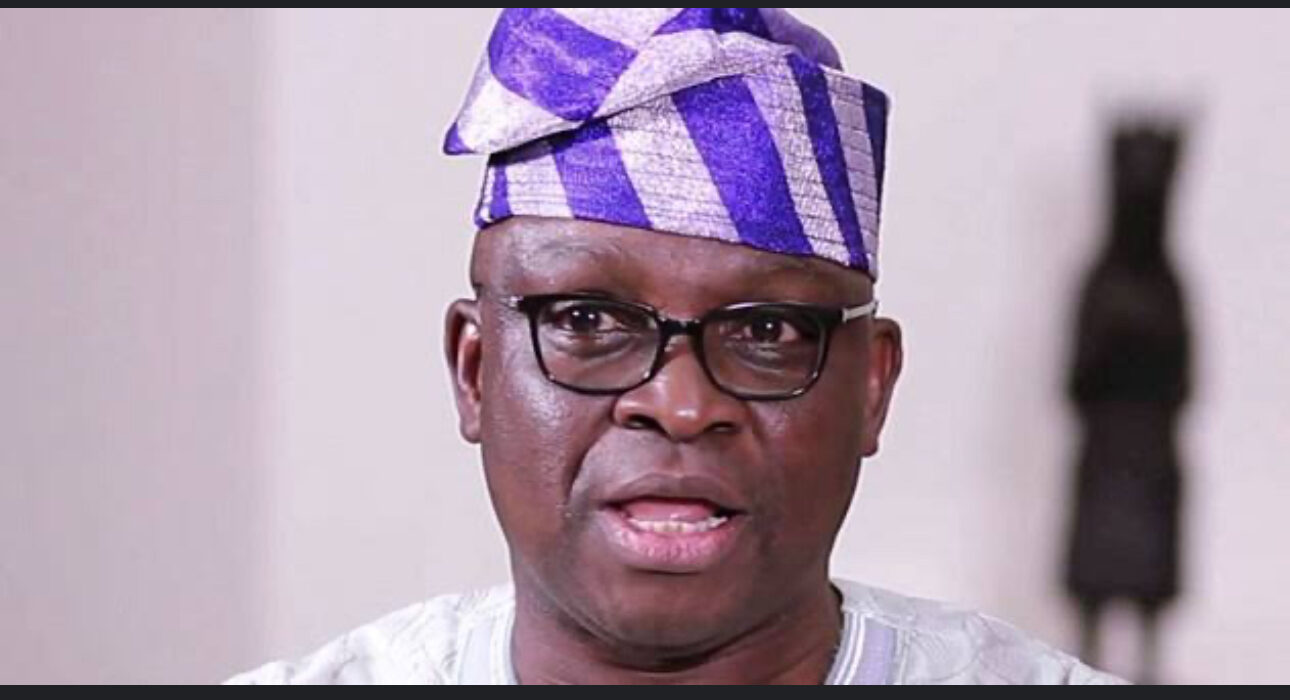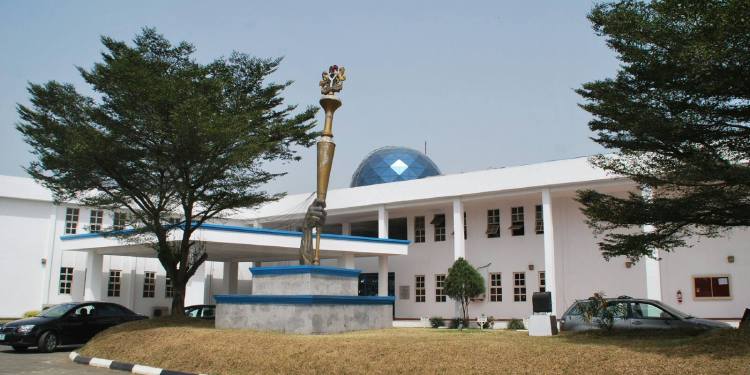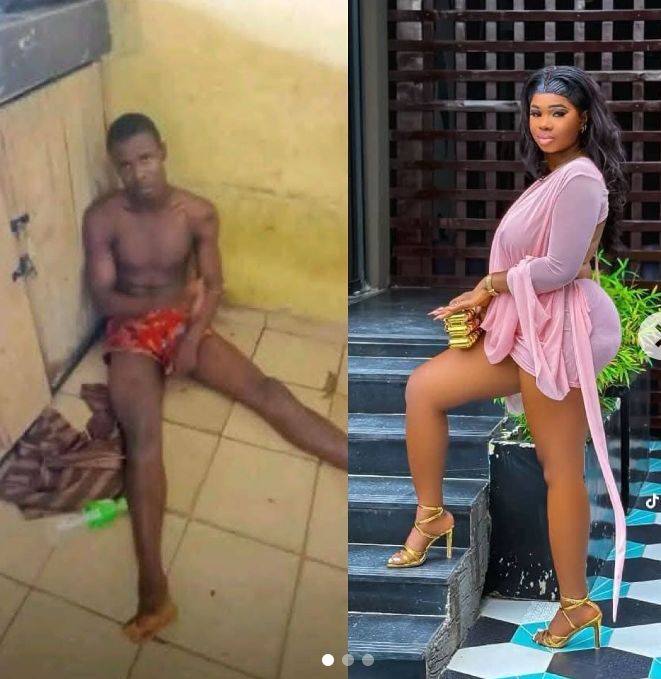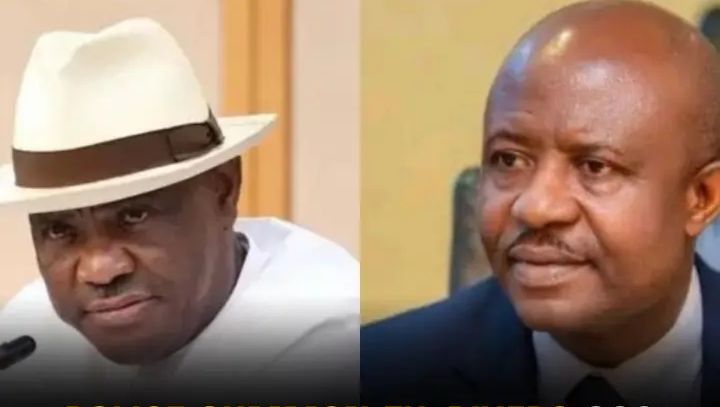Court Reserves Ruling on Fayose’s No-Case Submission in ₦6.9 Billion Fraud Trial

The Federal High Court in Lagos has reserved ruling on the no-case submission filed by former Ekiti State Governor, Ayodele Fayose, in his ongoing ₦6.9 billion money laundering and fraud trial.
The case, which has been ongoing since 2018, was adjourned by Justice Chukwujekwu Aneke after both prosecution and defense presented arguments on the viability of the case.
Fayose was re-arraigned by the Economic and Financial Crimes Commission (EFCC) on an 11-count charge bordering on money laundering, theft, and criminal breach of trust.
He is being tried alongside his company, Spotless Investment Limited, for allegedly receiving funds from the Office of the former National Security Adviser, Sambo Dasuki, under questionable circumstances.
The EFCC claims that the funds, totaling ₦6.9 billion, were part of monies meant for arms procurement but were diverted for political and personal use by the former governor during the 2014 governorship election in Ekiti State.
During the proceedings on Monday, Fayose’s lead counsel, Chief Kanu Agabi (SAN), argued that the prosecution failed to establish a prima facie case against his client.
He submitted that none of the 13 prosecution witnesses were able to directly link Fayose to any fraudulent activity, and questioned why key figures like Abiodun Agbele, who allegedly handled cash on behalf of Fayose, were not charged.
Agabi further stated that for a charge involving conspiracy or criminal breach of trust to stand, there must be evidence of collusion or cooperation with other accused persons — which, in this case, was missing.
Similarly, Olalekan Ojo (SAN), counsel for Spotless Investment Limited, also filed a no-case submission, attacking the credibility of the prosecution’s evidence — particularly the testimony of Senator Musiliu Obanikoro, a former Minister of State for Defence. Ojo noted that Obanikoro, who was a key prosecution witness, testified that there was no communication between Fayose and Dasuki, thereby casting doubt on the claim that the funds came from the former NSA.
Responding on behalf of the EFCC, Rotimi Jacobs (SAN) urged the court to dismiss the no-case submissions. He insisted that the defense failed to explain several suspicious transactions and cash inflows into Fayose’s accounts and proxies.
Jacobs referenced the testimony of EFCC investigator Abubakar Madaki, who alleged that Fayose used associates to acquire properties in Nigeria and abroad, only for those associates to later deny ownership. He emphasized that Fayose eventually admitted that the properties were indeed his, further implicating him in money laundering activities.
The prosecution also cited Obanikoro’s evidence that Fayose personally requested that the funds be handed to him in cash and introduced Abiodun Agbele to collect them — actions that, according to Jacobs, demand an explanation in a full trial.
After hearing arguments from both sides, Justice Aneke adjourned the case to July 10, 2025, for ruling on the no-case submission. The judge also granted Fayose leave to travel abroad for medical treatment, following a request made by his legal team.
The ruling in July will determine whether Fayose and his company will be required to open their defense or if the court will dismiss the charges on the grounds that the EFCC has not presented sufficient evidence to sustain the allegations.
This case remains one of the most high-profile corruption trials involving a former Nigerian governor and continues to draw public attention due to its implications on the ongoing fight against corruption and political accountability in the country.








